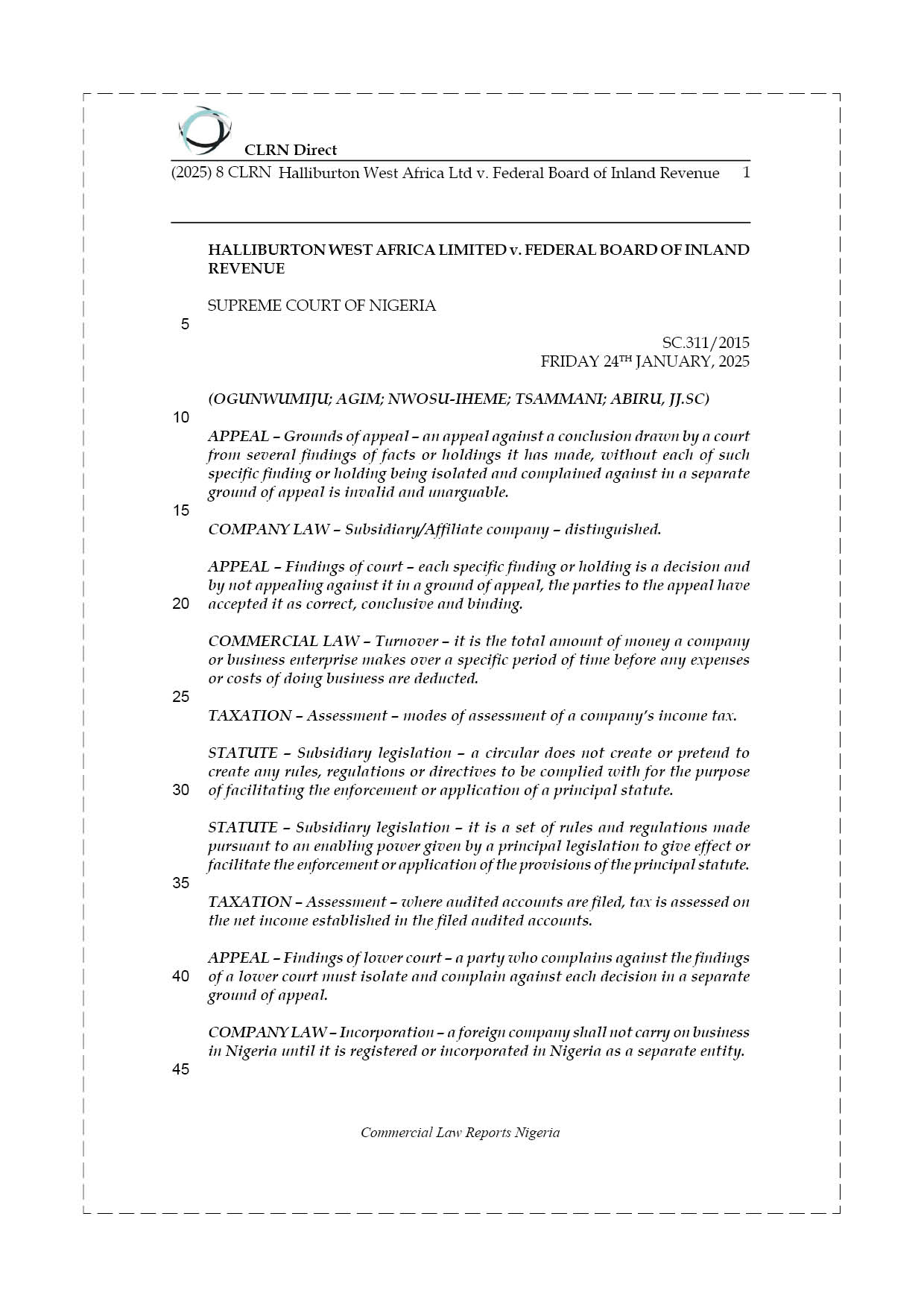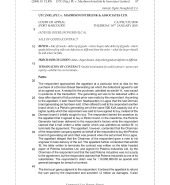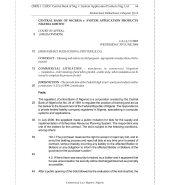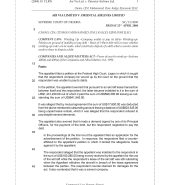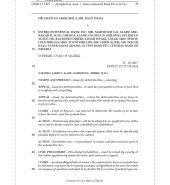HALLIBURTON WEST AFRICA LTD. v. FEDERAL BOARD OF INLAND REVENUE
₦1,000
In Stock
Facts:
Halliburton (West Africa) Limited, incorporated in the Cayman Islands, operated in Nigeria through its subsidiary, Halliburton Energy Services Nigeria Limited. By an agreement of 1st January 1994, the subsidiary was engaged to install and maintain equipment, liaise with Nigerian companies, handle customs, warehousing, invoicing, collections and other incidental services. The Appellant reimbursed the subsidiary for all expenses plus 4% of billed revenue. Several contracts were secured in Nigeria under this arrangement, with tripartite agreements executed in Nigeria by the subsidiary on behalf of the Appellant.
The Appellant paid tax on its Nigerian income but did not file annual audited accounts as required under Section 41(1) of CITA. Instead, it filed self-assessments on a turnover basis, which the respondent accepted. A later tax audit revealed omissions in the self-assessment returns for 1996 to 1999, including unreported contract income of US$1,747,805, which the appellant accepted and agreed to pay tax on, and certain revenue refunded to the subsidiary as reimbursement of expenses, referred to as recharges. In 2002, the respondent issued additional assessments covering the recharges.
The Appellant challenged the assessments before the Body of Appeal Commissioners, arguing that no further valid assessments could be made on facts forming the basis of earlier assessments, that recharges did not form part of turnover under Section 26 CITA, that the respondent’s established practice and circular excluded recharges from turnover, and that the respondent was estopped from acting otherwise. The Body of Appeal Commissioners dismissed the appeal and ordered the Appellant to pay US$6,686,381.
Dissatisfied, the Appellant appealed to the Federal High Court which held that taxing the Appellant on contract sums inclusive of recharges while the subsidiary was also taxed on what it received amounted to double taxation. It set aside the Body of Appeal Commissioners’ decision, declared the additional assessments null and void, and ordered a refund of US$6,686,381 to the appellant. Dissatisfied, the respondent appealed. The Court of Appeal allowed the appeal, restored the decision of the Body of Appeal Commissioners, and dismissed the cross-appeal. The Appellant, further dissatisfied, appealed to the Supreme Court.
